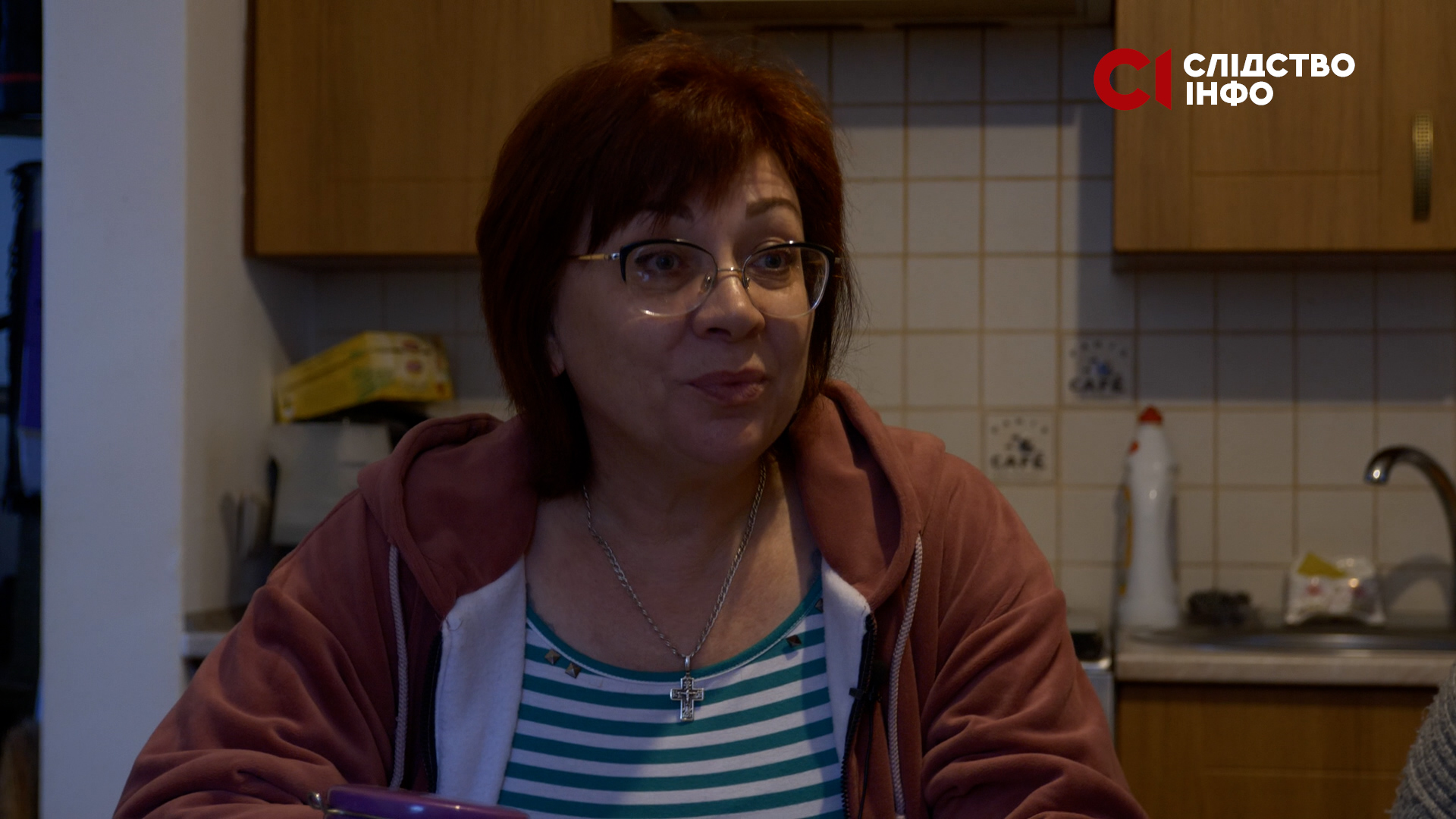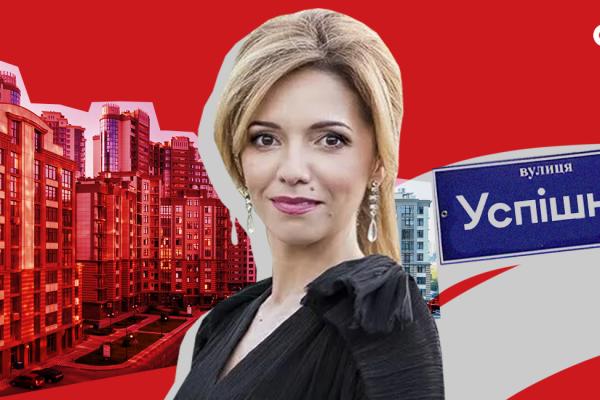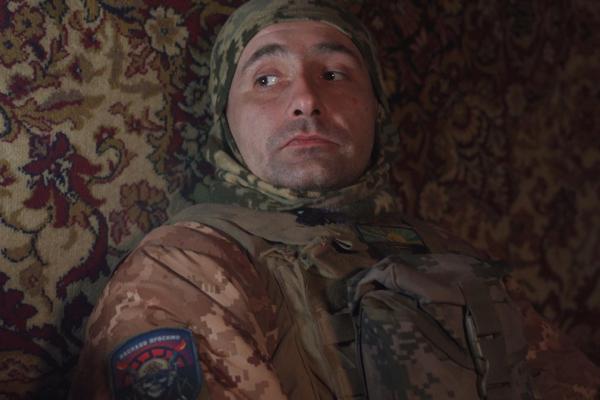When the Russians entered the village of Ozerne, Zaporizhzhia region, the local colony, Veselivskyy Correctional Center No. 8, was occupied. Until September 30, the institution operated under Ukrainian law, and after the so-called referendum, it came under the control of the occupiers.
The life of the Veselivskyy Correctional Center No. 8 under occupation is described in the video by Slidstvo.Info. The video has English subtitles.
Veselivskyy Correctional Center No.8 is located on the border of Zaporizhzhia and Kherson regions in the village of Ozerne. At night, the prisoners live in the colony building, and during the day they work at the colony’s enterprise: in the workshop, carpentry room, farm, watering place, etc. This regime allows the convicts to buy personal items in a local store.
- Veselivskyy Correctional Center No.8
- Veselivskyy Correctional Center No.8
- Veselivskyy Correctional Center No.8
- Veselivskyy Correctional Center No.8
After the occupation of Ozerne, the colony’s management cooperated with the Russians, and some employees were forced to resign. The presence of the Russians was felt even by the prisoners, most of whom maintained a pro-Ukrainian position. The colony began to punish them for their patriotism, and some prisoners who tried to escape were threatened with execution.
PRISONERS WITH A PRO-UKRAINIAN POSITION
Olha, a shop assistant in the colony, says that everything has changed since the arrival of the Russians. There was no one to buy the products produced by the company because there was no money. They stopped paying the prisoners their salaries and had to close the shop.

Olga, a shop assistant at the store located on the territory of Veselivskyy Correctional Center No.8
“Prisoners in Ukraine used to get a salary, they could buy cigarettes, some slippers and so on. But when the occupation started, all of that was gone,” says Olga.
Because the Ukrainian courts in the occupied territories are temporarily closed, the prisoners could not be released on parole. They had to either wait until the end of the year or the end of their full sentence.
While the majority of the prisoners had a pro-Ukrainian position, the colony management sided with the enemy.
Since the correctional center is located on the border of two regions, Russian aircraft flew past it, constantly frightening the staff and prisoners.
“There are constant explosions there. Either a Mi-24 is flying with bombs, or planes are flying over the village for no reason, from Melitopol to Kherson, to Mykolaiv. You cover your ears because it’s so loud. We taught all of our children to open their mouths when the planes were flying, so that their eardrums wouldn’t burst,” Olha recalls.
SYMBOLS BANNED TO AVOID MENTIONING UKRAINE
Oleksandr Fursa, the head of the enterprise where the prisoners work, says that most of the officers resigned with the beginning of the occupation, and only three are left to work for Russia.

Oleksandr Fursa, the head of an enterprise employing inmates of Veselivskyy Correctional Center No. 8
“We used to have a correctional center, but now it’s a Russian ‘colony-settlement’. Of the officers, except for the head of the colony, only one man remained to cooperate with the Russians. And another retired officer decided to return,” says Oleksandr Fursa.
The pro-Russian leadership did not just take the side of the enemy, but began to establish “new orders” in the colony. For example, one of the officers banned all Ukrainian symbols and any mention of Ukraine.
“They forced us to take down the Ukrainian flag and put up a Russian one. Then a retired officer, who decided to receive a salary in Russia, banned Ukrainian symbols and language, translated all documentation into Russian, and began to put pressure on them to not mention Ukraine at all,” says Oleksandr Fursa.
“WE’LL KILL FIVE PEOPLE, AND THEY’LL OBEY”
Collaborators’ pressure on Ukrainian convicts led to a wave of protests and escapes.
“The convicts were scared, and the first batch escaped. They ran towards Zaporizhzhia, and three of them surrendered to the Ukrainian military. The fate of the other two is unknown. I heard gossip that one was caught and was digging trenches for the Russians,” says Olha.
Two of the prisoners who made it to Zaporizhzhia went to fight against the Russian occupiers after serving their time.
“They served their time there and are now fighting for Ukraine,” says Olha.
After this incident, the other convicts staged a riot: twenty prisoners escaped and ran towards Nova Kakhovka. At the first checkpoint, they were captured by the Russian military and brought back to the colony. As punishment, the men were beaten and shot at over their heads.
“The head of the institution begged that no one was shot there. Although they (the collaborators – ed.) suggested that they killed five people here and everyone would obey,” says Oleksandr Fursa.
Oleksandr and Olha say that due to the lack of control, the prisoners were mocked and often beaten.
“It’s very hard for people, the convicts. They are scared. Not only are they under occupation, but they are also in a colony. They have no rights squared, do you understand?” says Olha.
Currently, there is no procedure to protect these prisoners. Oleksandr Fursa says that when there was an opportunity to take them out, there was no corresponding order from the central government.
“When there was a possibility to take the convicts out, it was not done. We have 2–3 buses in the institution, and it was possible to take them out in two trips. That was when there were no checkpoints, and then that was it,” says Oleksandr.







